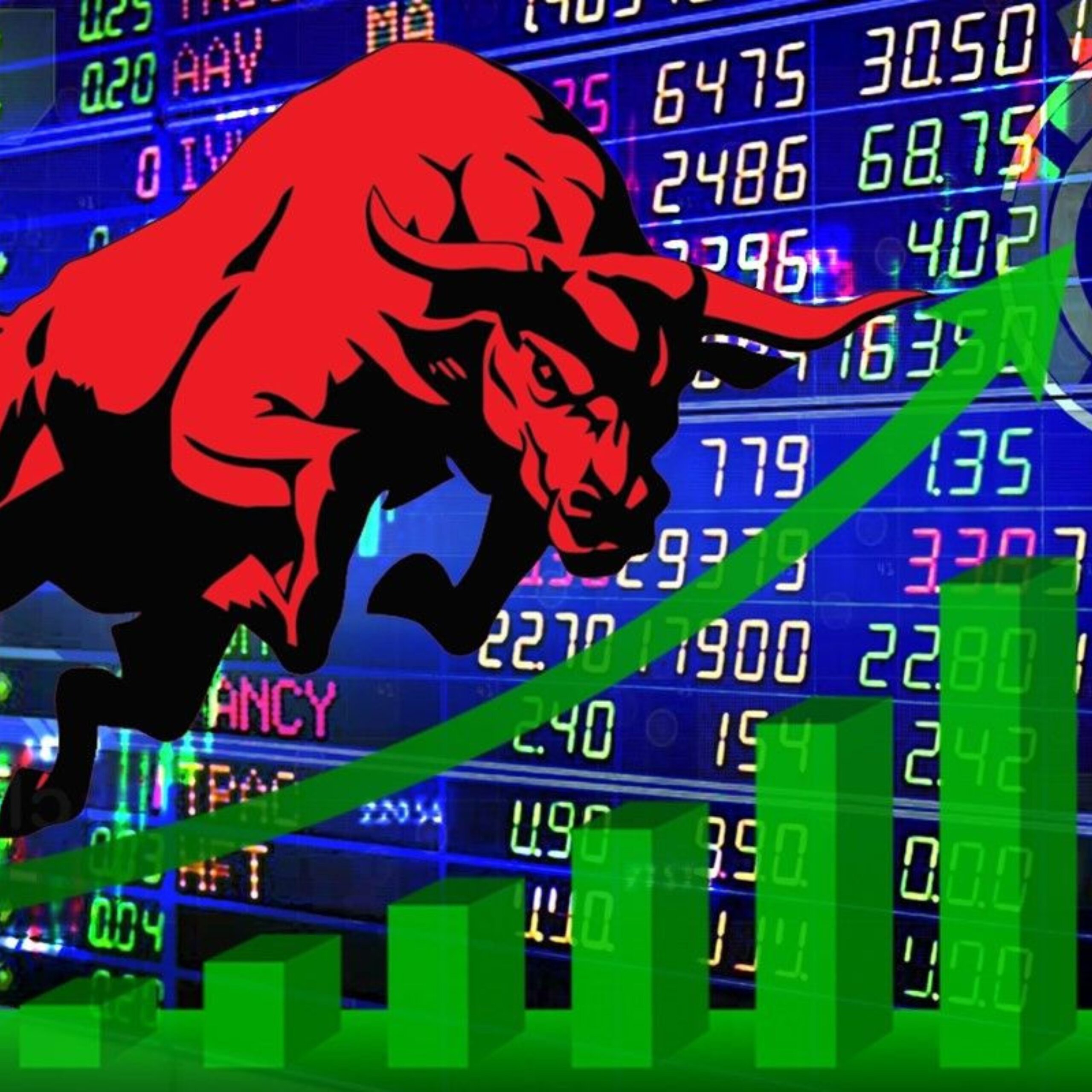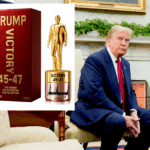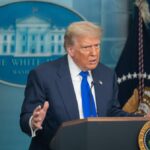The Middle East and the US are forging significant alliances meant to alter the global order under a renewed Trump presidency. Investors in the Middle East are beginning to anticipate shifts in trade policies and key markets that will impact the region.
A Trump victory is expected to produce mixed ripple effects in the Middle East due to several factors, such as trade tariffs, oil production, strong U.S. support, and urgent conflict resolution. Vijay Valecha, chief investment officer at Century Financial, predicts “Trump’s proposed tariffs on imports might strengthen the US dollar through reduced spending on foreign goods, benefiting GCC currencies like the Saudi riyal or the UAE dirham.” In addition to this, “a stronger dollar from Trump’s protectionist policies would also increase foreign investment in the GCC region. Further, imposing high tariffs on trade partners in the Gulf countries could strain US-Gulf relations.”
On the flip side, Mohamed Hashad, chief market strategist at Noor Capital, informs of a gold price dip since Trump’s presidential win on November 6. “The gold price is under considerable downward pressure due to the strong rise in the US dollar since the announcement of Donald Trump, the former US President and Republican candidate, winning the 2024 US presidential election.” According to Hashad, the inverse relationship between the US dollar and gold has triggered a sharp decline in the precious metal after the rise achieved by the US currency.
Valecha alluded to the impact of Trump’s pro-fossil fuel stance on the Middle East, stating that “he [Trump] would focus on improving the US energy market by increasing US oil production. His hardline stance on certain geopolitical issues might increase the risk premium in oil.” In a post-pandemic world order, Gulf countries are actively improving their non-oil economies, with the UAE’s non-oil sector expected to grow 5.2% in 2024 and Saudi Arabia showcasing a non-oil sector growth of 4.2% YoY.
Investors in the GCC expect Trump to maintain the status quo, which would introduce a significant barrier to the business environment in the GCC region. “Trump’s transactional leadership style makes him a crucial partner in enhancing these regions’ influence,” said Valecha.
On Wednesday, stocks surged sharply, with major benchmarks hitting record highs as Donald Trump won the 2024 presidential election. The Dow Jones Industrial Average surged 1,434 points to a record high, or around 3.4%. The last time the blue-chip Dow jumped more than 1,000 points in a single day was in November 2022. The S&P 500 also hit an all-time high, popping 2.3%. The Nasdaq Composite climbed 2.6% to a record of its own.
Investors anticipate a 25 basis point cut when the FOMC meets on Thursday. Hashad believes “the election of Trump increases the likelihood of policy-induced inflation, which forces the Fed to maintain its restrictive stance for a longer period.”






